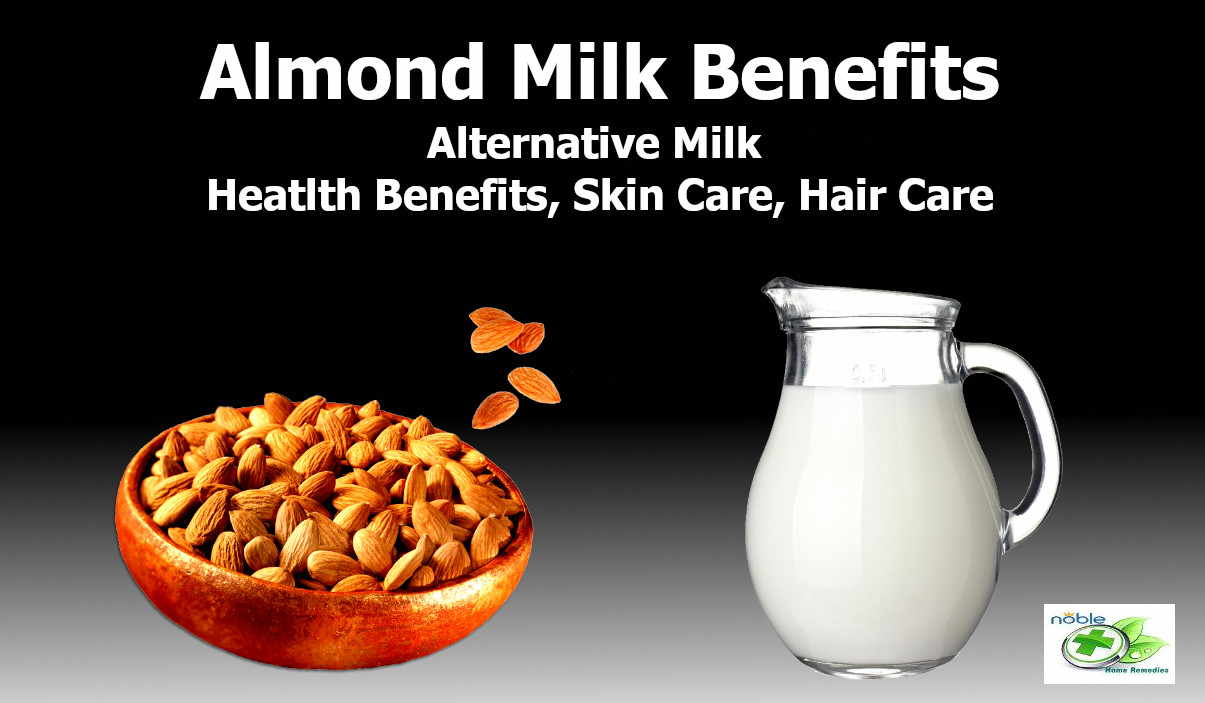If you’re reading this, you may be wondering if almond milk could be a cause of your digestive issues.
First, let’s define constipation. Constipation is characterized by infrequent or difficult bowel movements. It can cause discomfort, bloating, and abdominal pain. Some people may turn to almond milk as a potent digestive aid, as it is a popular alternative to cow’s milk and is believed by some to have health benefits.

But can almond milk actually contribute to constipation, or is it a myth? In this blog, we will explore the potential link between almond milk and constipation, as well as discuss other factors that may contribute to digestive problems. We will also discuss alternative options for relieving constipation. Stay tuned to learn more.
Table of Contents
Does almond milk cause constipation?
Does almond milk cause constipation? It’s a question that has been debated by many. To understand the potential link between almond milk and constipation, let’s start by looking at how almond milk is made.
How almond milk is made?
Almond milk is made by grinding almonds and mixing them with water. The mixture is then strained to remove any solids, resulting in a creamy liquid that is similar in consistency to cow’s milk.
The fiber content in almond milk
One factor to consider when it comes to almond milk and constipation is fiber content. Almonds do contain fiber, but the amount of fiber in almond milk is much lower than in whole almonds. In fact, a cup of almond milk typically contains only 1 gram of fiber, while a cup of whole almonds contains about 12 grams of fiber.
How fiber can help or hinder digestion?
For digestive health, fiber is an important component. It helps to bulk up the stool and move it through the intestines. However, it’s important to note that fiber can also contribute to constipation if not consumed in the right amounts.
Too little fiber can lead to constipation, as there isn’t enough bulk to stimulate the intestines. On the other hand, consuming too much fiber too quickly can also cause constipation, as the intestines may not be able to process all of the excess fiber.
So, while almond milk may not be a significant source of fiber, it’s still important to consider your overall fiber intake when it comes to maintaining healthy digestion.
Factors that may contribute to constipation
Lack of hydration: Lack of hydration can cause constipation because it can make the stool harder and more difficult to pass. When the body is dehydrated, the colon absorbs more water from the stool, which can make it drier and harder. This can lead to constipation.
In addition, dehydration can slow down the movement of the stool through the intestines, as the muscles in the intestines rely on sufficient hydration to contract and push the stool through the digestive system. By staying hydrated, you can help to support healthy bowel function and reduce the risk of constipation.
Lack of physical activity: Lack of physical activity can contribute to constipation because it can lead to slowed digestion and decreased muscle tone in the intestines. When you’re physically inactive, the muscles in your abdomen and intestines are less active, which can lead to slower movement of food and waste through the digestive system.
In addition, a sedentary lifestyle can lead to decreased muscle tone in the intestines, which can disrupt the normal functioning of the digestive system. By staying active, you can help to stimulate the digestive system, improve muscle tone in the intestines, and reduce the risk of constipation.
Poor diet: A poor diet can be a contributing factor to constipation. Insufficient fiber and hydration in the diet can lead to difficulty passing stool. To support healthy bowel function, it is important to maintain a balanced, nutritious diet that includes an appropriate intake of fiber and fluids. This can help to prevent constipation and promote regular bowel movements.
Certain medications: Certain medications can cause constipation as a side effect. These medications may slow down the movement of the stool through the intestines, making it more difficult to pass. Examples of medications that may cause constipation include pain medications, antidepressants, blood pressure medications, and antacids containing calcium or aluminum.
If you are taking a medication and experiencing constipation, it is advisable to speak with a healthcare professional for guidance on managing this side effect and determining the best course of treatment.
Alternative options for relieving constipation
Increasing water and fiber intake: Increasing your water and fiber intake can help to relieve constipation. Water helps to keep the body hydrated and can make the stool softer and easier to pass. Fiber, on the other hand, helps to bulk up the stool and move it through the intestines.
By consuming enough water and fiber, you can help to support healthy bowel function and reduce the risk of constipation. It’s important to aim for an appropriate balance of both, as consuming too much fiber too quickly can also cause constipation. For constipating toddlers, certain foods can be tried.
Regular exercise: Regular exercise can help to alleviate constipation in several ways. First, it can stimulate the muscles in the abdomen and intestines, which can help to move food and waste through the digestive system. In addition, regular physical activity can help to improve muscle tone in the intestines, which can support healthy bowel function.
Exercise can also help to reduce stress and anxiety, which can be common causes of constipation. By staying active, you can help to support healthy digestion and reduce the risk of constipation.
Consultation with a healthcare professional: It’s a good idea to consult with a healthcare professional if you have constipation that is persistent or severe, or if you have other symptoms that are concerning.
A healthcare professional can help to determine the underlying cause of your constipation and provide recommendations for treatment. They may also be able to identify any underlying health conditions that may be contributing to your constipation and suggest appropriate treatment options.
In addition, a healthcare professional can help to rule out any serious underlying conditions that may require medical intervention.
Over-the-counter remedies for constipation
There are several over-the-counter remedies that can be used to relieve constipation. These include:
Laxatives: These medications work by softening the stool and stimulating the intestines to contract, which can help to move the stool through the digestive system. You may try natural laxative foods instead of over-the-counter to see if that helps.
Stool softeners: These medications work by increasing the amount of water in the stool, which can make it softer and easier to pass.
Enemas: These products introduce fluids into the rectum and colon, which can help to soften and evacuate the stool.
It’s important to note that these remedies are not suitable for everyone and may have potential side effects. If you’re considering using an over-the-counter remedy for constipation, it’s a good idea to speak with a healthcare professional to determine the best course of action for your individual needs.
Takeaway
Does almond milk cause constipation? In summary, the question of whether or not almond milk causes constipation is complex. On one hand, almond milk is low in fiber, which is an important component of a healthy diet that helps to bulk up the stool and move it through the intestines. On the other hand, it’s important to consider other factors that may contribute to constipation, such as hydration levels, physical activity, and overall diet.
It’s also worth noting that while almond milk may be a popular alternative to cow’s milk, it may not be suitable for everyone. If you’re concerned about your digestive health you may consider switching to almond milk. It’s a good idea to speak with a healthcare professional to determine the best course of action for your individual needs.
Ultimately, the key to maintaining healthy digestion is a balanced diet and lifestyle. This includes consuming an appropriate amount of fiber, staying hydrated, and engaging in regular physical activity. By paying attention to these factors, you can help to support healthy digestion and reduce the risk of constipation.
6 Sources
Noble Home Remedies relies on peer-reviewed studies, academic research institutions, and medical associations for accuracy and reliability while avoiding tertiary references. Our editorial policy provides more information about how we ensure our content is accurate and up-to-date.
- Symptoms & Causes of Constipation by NIH
- Nuts, almonds by Food Data Central, USA
- Does almond milk cause constipation by HealthTap






